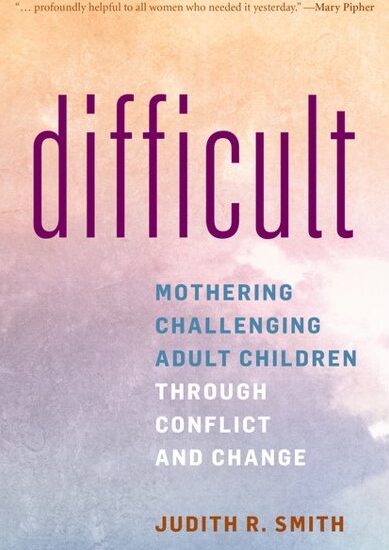This weekend, my husband and I finally sat down to review advance health directives. It’s something we should have done years ago, but kept putting off. No one likes to confront his or her own mortality. Or what would happen if….
Discussing living wills and health proxies with your spouse and family may be one of the most vital conversations you will ever have. Yet, it seems my husband and I are not the only ones putting off this task – a 2011 poll conducted by the Associated Press- LifeGoesStrong showed that 64 percent of baby boomers (b. 1946-1964) and 70 percent of all US adults do not have a living will, health proxy or other advance directive. A search of current media stories on this topic showed a similar lack of emphasis.
A health proxy is a necessity in today’s complex health environment. It gives a person of your choosing (your agent) the authority to make specific care decisions on your behalf, if you are unable to do so. This may encompass anything from surgery, to medication, to a do-not-resuscitate (DNR) order. Medical practitioners are obligated to follow those instructions.
A living will spells out your general wishes regarding your health care. For example, you might state something like “I do not wish to be kept alive by artificial means, such as a feeding tube,” or “I only wish to have medication to ease pain and suffering.” This points physicians and family in the right direction about care, and helps avoid conflicts about your treatment, if you are unable to express your own desires.
The state of New York provides free downloadable health proxies and living wills. As an aside, it was good to note that health literacy was factored into the writing – medical terms are explained in plain language – and the what, how, and why of these documents are laid out step by step.
If you live outside of New York, check with the health department in your state for current information and requirements – this is especially important if you reside in more than one state during the year. A lawyer is not necessary, although it may be wise to have a copy of your directive and proxy on file with him or her. The agent, and a backup, should also have copies of your proxy and living will.
This was one of the most difficult – yet totally necessary — conversations my husband and I have ever had. The only one that may be harder is having it with our family, especially our 20-year old. Yet should the time come when these directives are needed, I know that our healthcare decisions will be made according to our wishes, not someone else’s.










Deborah Riddick / February 1, 2012
This is such an important topic for all adults no matter the age. Young adults may feel that it should be left until they are older. However life is so fragile. “Time and unforseen occurences” happen. Having an advance directive assists in making decisions during a difficult time. There is someone appointed to make the decision and that person or persons is aware of the feelings, beliefs and wishes of the patient.
There should be more education for the public about advance directives. New York State provides the proxy and information on why you need it and how to complete the form. Great ,if you are looking for that information. But what about the person who never heard of an advance directive? What about the person who thinks it does not pertain to them? Hospital patients are generally handed some information about it on admission;not the best time. Completing one of these documents involves choosing someone to be your agent. Someone who you trust with confidential information and someone who you trust will follow your directives even if they are not listed on the proxy. There are a lot of people who You want to have conversations with your family members and close friends as Ms. Seegert did with her family.
/